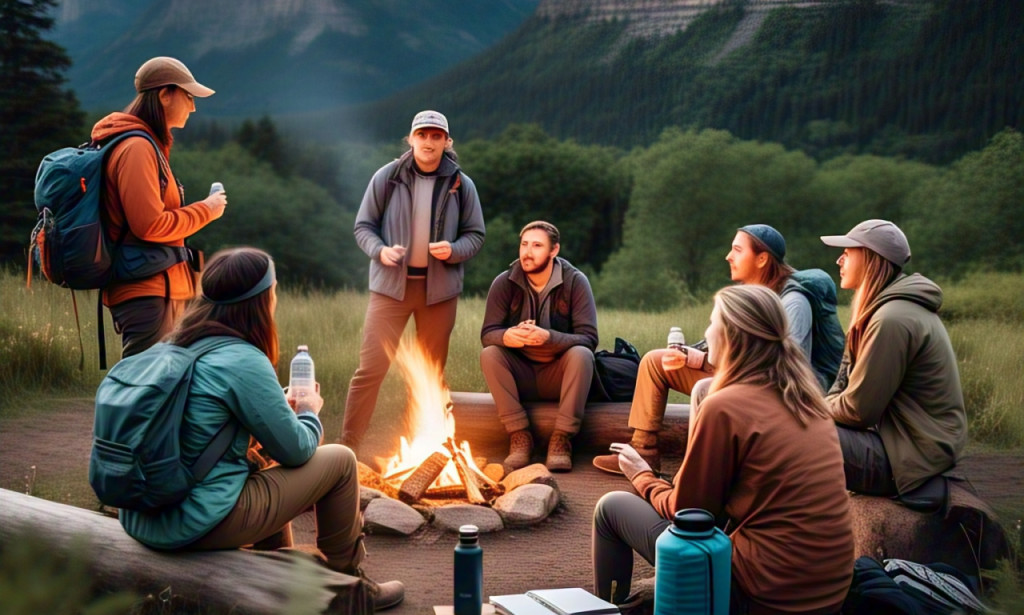In a world where wanderlust calls to us louder than ever, the way we travel is evolving. Sustainable travel has emerged as not just a trend, but a necessity. As travelers, we have the power to protect the places we love while enjoying the beauty and culture they offer. Let’s explore how we can make our travel experiences more sustainable, enriching both our lives and the planet.
The Essence of Sustainable Travel
Sustainable travel is about minimizing our environmental impact and supporting local communities. It’s about choosing to explore the world in a way that preserves its beauty for future generations. This means making conscious choices—from the moment we book our trips to how we interact with the places we visit.
1. Choosing Eco-Friendly Accommodations
When planning your trip, consider staying at eco-friendly hotels or lodges. These establishments prioritize sustainability through energy-efficient practices, waste reduction, and sourcing local materials. Look for certifications like Green Key or EarthCheck, which indicate a commitment to environmental responsibility.
Example: Imagine waking up in a charming eco-lodge nestled in the mountains, where the morning sun filters through the trees, and you can enjoy breakfast made from locally sourced ingredients. This not only supports the local economy but also reduces your carbon footprint.
2. Mindful Transportation Choices
Transportation is one of the largest contributors to carbon emissions in travel. Opt for trains, buses, or bicycles instead of flying or driving. If you must fly, consider carbon offset programs that help mitigate your impact by funding renewable energy projects.
Tip: When exploring a new city, walk or rent a bike. Not only will you reduce your carbon footprint, but you’ll also discover hidden gems that you might miss while zooming by in a car.
3. Supporting Local Economies
Engage with local businesses, artisans, and guides. By spending your money on local services, you contribute to the community’s economy and help preserve its culture. Participate in community-led tours or workshops that provide authentic experiences while respecting local traditions.
Example: Instead of dining at a chain restaurant, seek out a family-owned eatery where you can savor traditional dishes and learn about the region’s culinary heritage.
4. Respecting Nature and Wildlife
As travelers, we must tread lightly in natural environments. Follow the “Leave No Trace” principles: pack out what you pack in, stick to marked trails, and avoid disturbingwildlife. Participate in conservation efforts, such as beach clean-ups or tree planting, to give back to the beautiful places you visit.
Inspiring Thought: Imagine standing on a serene beach, picking up litter to protect the ocean, knowing that your small action contributes to a larger movement towards preserving our planet.
5. Embracing Cultural Sensitivity
Travel is an opportunity to learn and connect with different cultures. Approach your interactions with respect and openness. Learn a few phrases in the local language, understand cultural norms, and be mindful of local customs. This fosters a deeper connection and enriches your travel experience.
Personal Touch: Share your experiences on social media, highlighting the beauty of the culture while advocating for respect and understanding. Your voice can inspire others to travel responsibly.
The Future of Travel is Sustainable
Sustainable travel is not just a trend; it’s a movement towards a more responsible way of exploring our world. By making conscious choices, we can enjoy the beauty of our planet while ensuring it remains intact for generations to come.
As you plan your next adventure, remember that every small action counts. Together, we can create a ripple effect that encourages others to embrace sustainable travel. So, pack your bags, open your heart, and embark on a journey that honors both the places you visit and the planet we all share.


You must be logged in to post a comment.